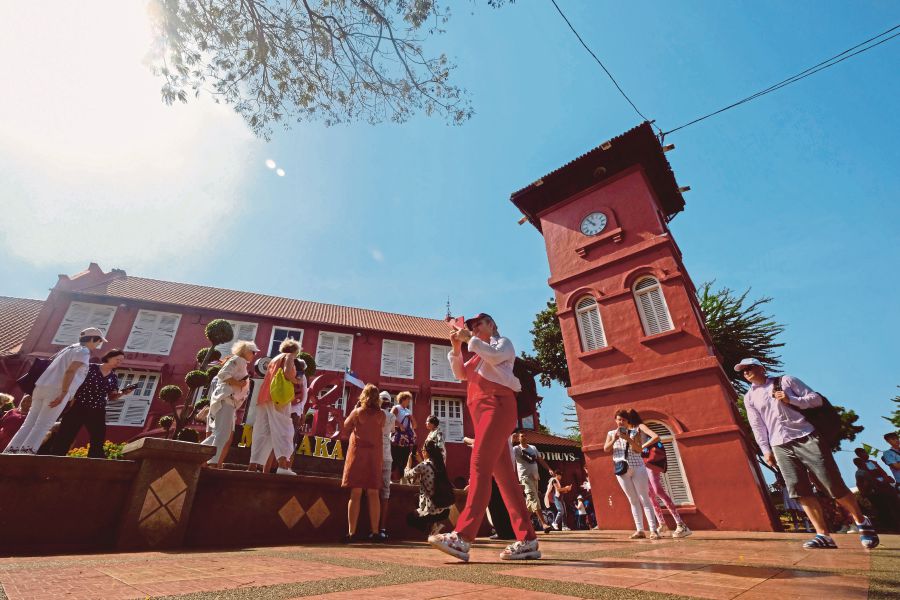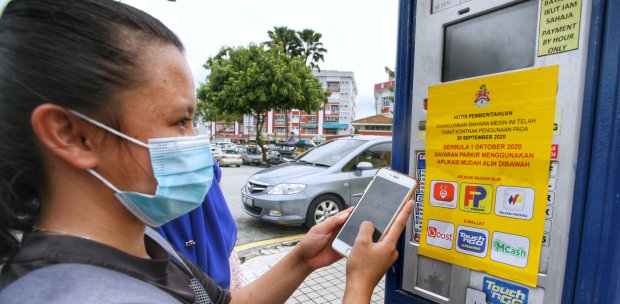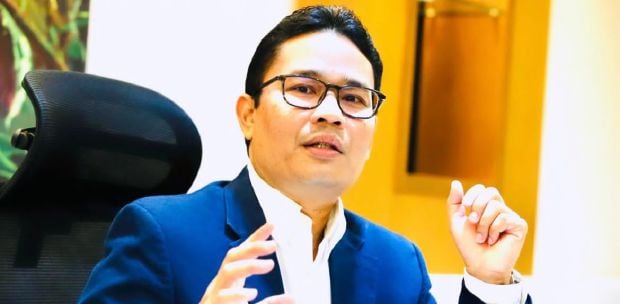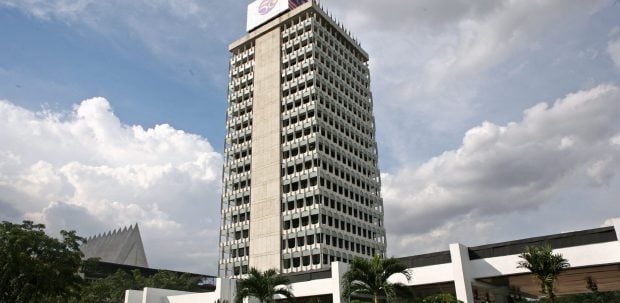THE Covid-19 pandemic that has persisted since last December has had immense economic consequences the world over. This invisible enemy has disrupted the supply chain and production output.
It has also caused a rise in unemployment, contraction of income, and threatens people's lives—a clear and present danger to our livelihoods.
Bank Negara Malaysia announced on Aug 14 that our gross domestic product contracted 17.1 per cent in the second quarter of this year. The Movement Control Order (MCO), as well as the Conditional and Recovery MCOs, were inevitable to contain the spread of Covid-19.
Notwithstanding, our economy has shrunk to an unparalleled level in recent history.
Economic recovery requires concerted and mutually reinforcing efforts on various fronts. The highest priorities are, at least, to focus on the stimulation of aggregate demand internally and reestablishing external demand.
Now, let's examine how our tourism sector can play a crucial role on the road to recovery.
The tourism sector is the third largest earner; about 26.1 million tourists visited Malaysia last year.
They spent about RM86.1 billion. This equates to 70 per cent of the trade surplus last year.
Regrettably, there were only 4.2 million international tourist arrivals in the first quarter of this year, a decrease of about 2.5 million year-on-year, indicating a possible decrease of 10 million international inbound tourists and a critical drop of RM30 billion in earnings in the sector this year.
It is highly unlikely Malaysia will receive more than 25 million international tourists this year.
Recovery is necessary without question, but the road ahead is bumpy for at least another six months. In this respect, the journey needs to emphasise the stimulation of domestic tourism in the next 12 months.
Putrajaya had allocated RM19 billion to support the tourism industry in March. This stimulant is surely crucial but "one size does not fix all". Thus, all parties must also attempt to contribute in reinvigorating the tourism industry. How do we do it?
Tourism Malaysia conducted a survey in April. The results show that 97.4 per cent of respondents give priority to hygiene and safety before planning their travels.
For travelling behaviour, 88.4 per cent choose independent arrangements. Among them, 98.8 per cent and 21.1 per cent prefer online booking and offline/walk-in, respectively.
After the MCO, 84.2 per cent indicated that "Covid-19 has greatly affected my attitude towards leisure travelling", and 50.9 per cent said: "After the MCO, I believe travelling within Malaysia is safe." Furthermore, there are 71.3 per cent who would rather travel domestically. There are 90.2 and 68.7 per cent who choose to use own transport, hotel and resort.
The findings point us to find the crucial key in overcoming mutually inclusiveness of Covid-19 and pleasure/business travel in ensuring the recovery of the tourism industry. Every traveller will certainly place importance on hygiene and safety.
Our government must work together with every local administrative branch, community-based organisations and other parties in strengthening public health in every tourism spot. This effort is vital not only for domestic travellers, but also attracts more inbound international tourists.
Equally important,the halal industry can strengthen individual hygiene and public health in Malaysia's tourism. It is not restricted to food and beverages, but also a broad spectrum of goods and services. The Halal Development Corporation (HDC), as the leading organisation in promoting and strengthening the halal ecosystem, has both soft and hard infrastructure within Malaysia and abroad.
I suggest that all parties in the tourism sector work with HDC to reinvigorate our tourism industry as soon as possible. I believe HDC will, without hesitation, render its supportin this respect.
Its efforts undoubtedly will also directly promote our country as a better hygiene and safety destination for millions of international tourists.
Furthermore, a survey by Tourism Malaysia shows that international tourists are attracted to Malaysia as it is a food heaven, multiracial, has ecotourism and cultural and festival diversity, as well as Muslim-friendly. These answers also call for a more important role from HDC.
Therefore, undoubtedly, HDC can help our society to "kill two birds with one stone", which is certainly crucial.
Reinvigorating the tourism industry — and the stimulation of a V-shaped, or worst of all a U-shaped recovery — of our economy in 2020 and beyond is certainly not an easy journey. This journey matches one of Toyota's slogans: "Mobility for all — bringing the joy and freedom of movement to all people."
The writer is a professor at Reitaku University, Tokyo, and has been teaching Southeast Asia studies, international economics, integration, development economics and Asian economy since 1983






